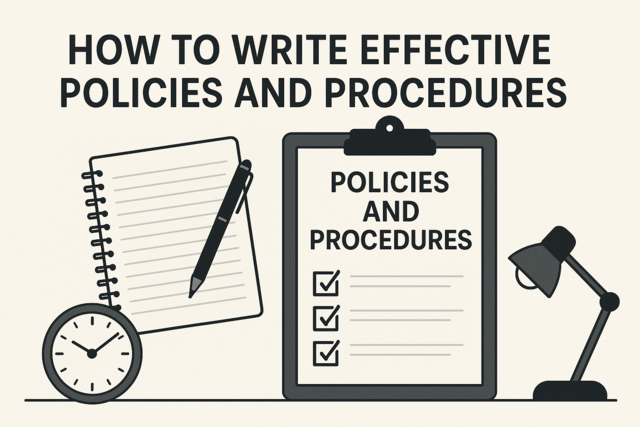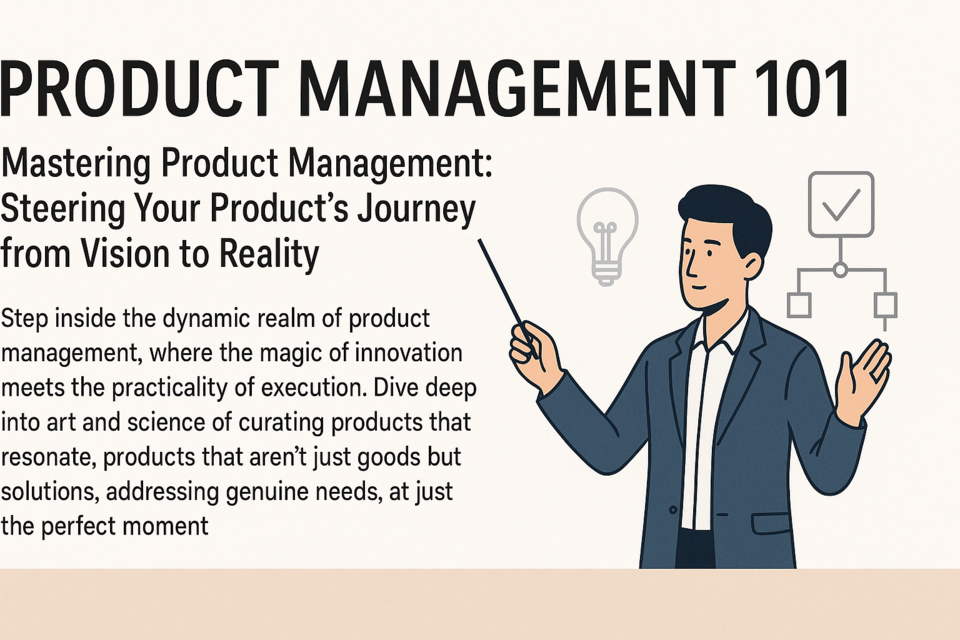Great supervisors are understanding and listen to staff. They also know when to act, and they do it decisively. They offer support when needed and pull back to let agents perform.
Essential Leadership Skills for Senior Managers
Senior managers must be self-starters with initiative and discipline. They must have strong core values and know how to elicit and apply these values. They know how to lead people through training, coaching, performance management, and mentoring. They are able to coach and communicate effectively to get the best from people, offering advanced communication to provide structured and developmental feedback.
Effective leaders create a culture of positive work and establish performance benchmarks that assist in its creation. They assist in creating and developing high performance teams and understand the key factors involved in this process.
They have the ability to influence and lead persuasive presentations. They also recognize and embrace conflict and use a win-win approach. They manage politics within the organization and develop strategies for both the company's competitive advantage and to establish a framework for positive growth.
Essential Skills
Leadership Skills
If you are a project manager with limited position authority, you can compensate for this lack of authority through clear communication, excellent decision-making skills, and an ability to lead the project team.
Team-building Skills
You must show your project team the benefits of working together for the common good.
Stress Management Skills
It is possible that your project is "under the gun" a good deal of the time. You need to handle pressure and assist your team by providing stress management techniques.
Interpersonal Skills
Demonstrate interpersonal skills by appreciating the differences in people, mediating conflict, and obtaining maximum performance.
Administrative Skills
Stay on top of incoming information, including electronic and paper correspondence and reports. Maintain your reporting requirements and keep your project plan updated.
Business Skills
Read your organization's "climate" and be aware of external conditions that affect your project, positively and negatively.
Planning
Planning allows you to anticipate change and minimize time adaptation. Planning creates a common frame of reference. Planning produces better management and increases employee motivation. Through planning, you can develop performance standards.
Without planning, there can be no control. This is because there is no plan to compare results against. A plan helps to identify and evaluate situations that are clearly unplanned.
|
1. Project definition 2. Organizational structure 3. Objectives 4. Team member roles 5. The project manager role 6. Milestones 7. Scope |
Control
In order to facilitate control, have SMART objectives. SMART means:
Specific
Measurable
Achievable
Controls must also be objective and flexible. When controls are subjective, your personality may influence your evaluation of performance and make it less than accurate. Make sure that standards are objective, accurate, and suitable. Also, keep controls flexible in light of changed plans and unforeseen circumstances.
When you control a project or process, be sure to begin by identifying characteristics. Next, set a standard and collect information.
Collect information. Do this by mechanical or human means. To make sure that information is legitimate, audit your information collection process from time to time.
Measure performance. Identify and record what takes place. For example, let us say two pumps were completed on Monday. We record that performance.
Take corrective action. Minimize the difference between your standard and actual results. Take corrective action in these different ways:
1. Improve performance.
2. Reduce your standard.
Remember, you cannot control everything.
4. Avoid favoritism. Each decision must be backed by a strong rationale.
As your team begins to move forward and make progress, it is important to revisit goals and progress. Identify issues that may represent obstacles, and address and remove those obstacles.
Your rewards and recognition program can include weekly contests, monthly prizes, and annual prizes. Weekly contests encourage call center agents to compete constructively with each other based on performance. Monthly prizes enable you to highlight the performance of key call center agents, thus boosting morale and encouraging call center employee performance. Annual prizes are a great way of motivating call center agents to boost performance and reward behavior.
Managing Emotions in the Call Center
Call centers can be stressful places. Hence, having a clear process to manage frustrations is necessary. This can be as simple as encouraging employees to take breaks or more elaborate by establishing designated relaxation areas and scheduling massage therapy appointments during peak periods.
Call center agents need to feel valued. If they know that their work at the call center will lead to further career growth, they are more likely to be invested.
Training
There are several popular and effective methodologies in use today by top-performing call centers for agent training. They include classroom, virtual, shadowing, games, and personalization methodologies.
Classroom
In the traditional classroom setting, call center agents meet in a classroom and are taught by one to several instructors on the methodologies and expectations of their new work environment.
Virtual
In virtual agent training, agents learn about call center processes, structure, and workflow via virtual or online classes, usually hosted on the Web and accessible from multiple locations. This method of training is often used for remote and work-at-home agents. When used in collaboration with coaching, it can be highly effective in teaching call center agents.
Shadowing
Another aspect of agent training that is highly successful is shadowing. In this method, an agent basically follows a seasoned professional around the call center and gets to learn firsthand and step by step what to do. This method is very effective and also teaches the agent about some interpersonal dynamics and expectations.
Using Games
While training must be standardized to meet professional company goals and objectives, agent training must also contain some elements that are personalized to match the trainee. This personalization allows the trainee to connect with and understand the tasks and goals of the company more easily and feel invested in the work involved.
Management Training
There are occasions when call center agents are quickly promoted to supervisors because of need and get only two days of actual formal training. This is poor planning, and the expected results are obvious. Management training is essential for effective performance. Ongoing training is necessary to ensure success in managing people.
Refresher training can be helpful because people tend to forget things, and this enables you to keep priorities fresh in the minds of your staff. This ensures that objectives will be met and that staff will not let targets slide.
Coaching Best Practices for Agents
Coaching generally offers greater satisfaction and improves skills and effectiveness. Through coaching, you can share best practices and new policies and procedures. In addition, you are prepared for real-time intervention to address agent performance issues if needed.
Coaching that is used in tandem with an e-learning system will enable you to be as fully trained as premise-based staff. In addition, off-site agents can often be better trained because the automated training systems can be set to allow zero tolerance for performance deviations.
Be sure to use your coaching application to share best practice clips based on real examples of service and sales excellence, which is helpful for peer comparison and support.
Remote
This is necessary for remote agents. Below are a few best practices for coaching work-at-home agents:
� Offer two-way support between supervisors and agents.
� Coaching should be customized to the needs of each agent.
� Facilitate recognition and communication of agents' performance strengths and opportunities.
� Coaching applications must bookmark call segments that need attention and annotate quality evaluations with comments.
� Coaching packages can be delivered directly to the agent desktop.
Side by Side
Within the call center, this can be achieved quite easily.
SMART Coaching Plans
Coaching plans must be SMART. Remember, this stands for smart, measurable, actionable, results-oriented, and time-specific.
Real Time Management: Staffing and Service Levels
Real-time management involves different components, such as self-service, speech recognition, interactive voice response (IVR), and quality monitoring. Self-service involves self-monitoring of one's own performance as a call center agent. You can manage a call center's performance by checking his or her speech performance.
IVR is a large aspect of many call centers, and its efficient operation enables you to route more complicated calls to the agent. You can monitor the quality of performance in numerous ways.
You can use different systems to monitor the quality of your call center agent's performance. It is important to monitor call center agents frequently. There are several ways to monitor call center agents, such as side by side, remote, peer to peer, customer perspective, and voice of the customer. In side-by-side mentoring, the call center agent is monitored side by side by a supervisor. In remote monitoring, the call center agent is monitored remotely.
In remote monitoring, the call center agent is monitored by a peer. In monitoring without a quantitative score, the call center agent is monitored just from the customer's perspective that is submitted and shared.































